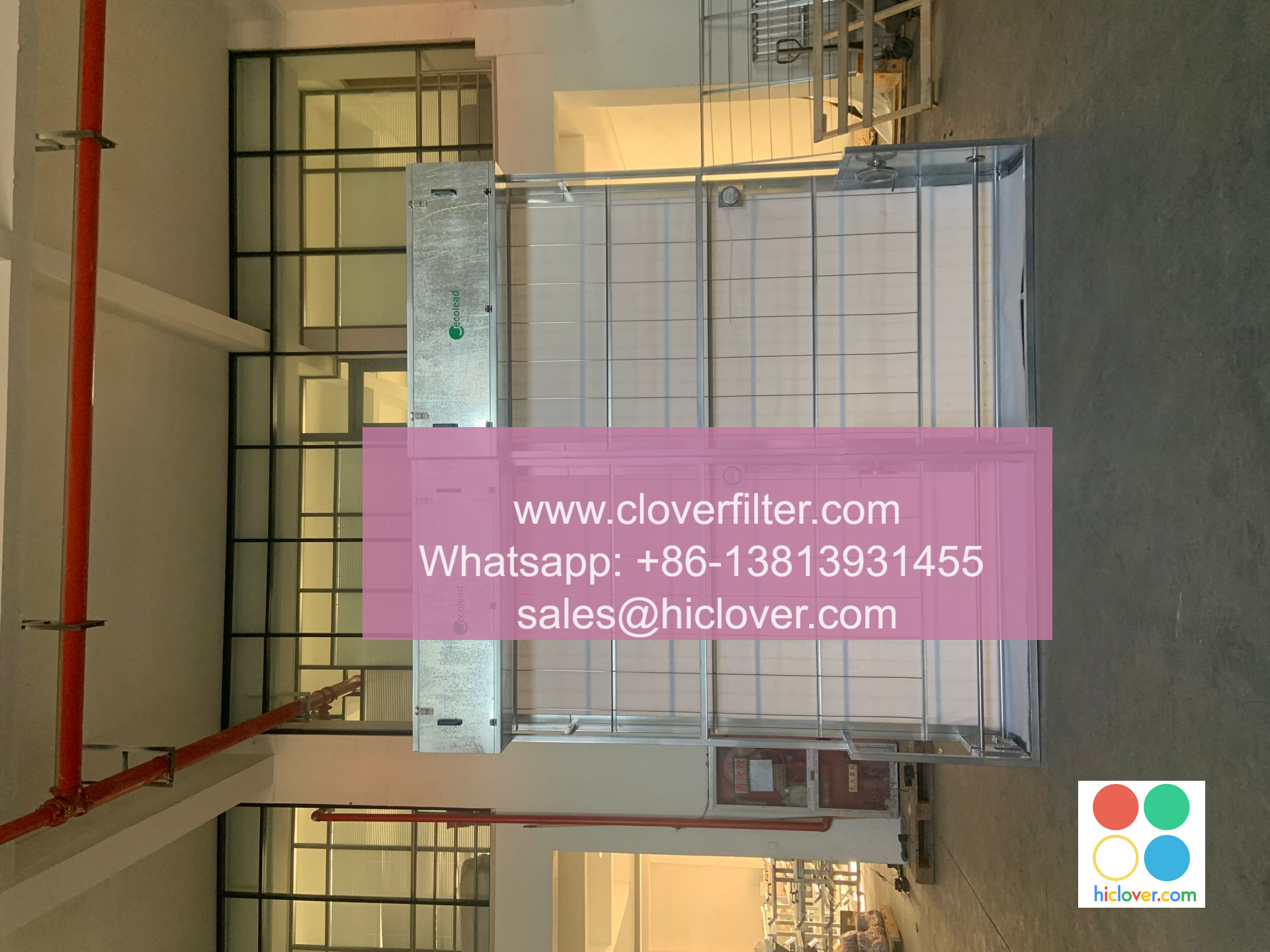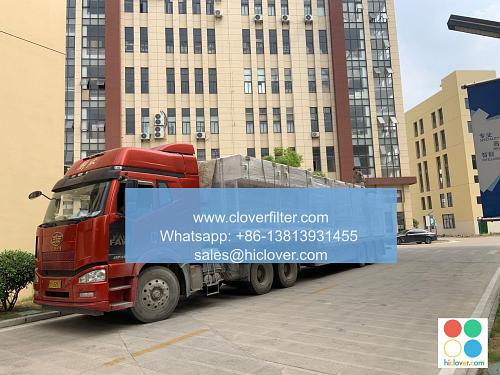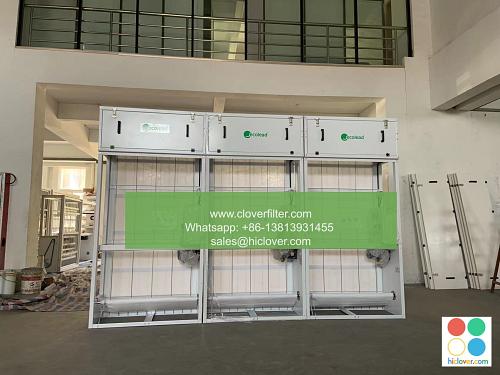The Benefits of Automatic Roll Air Filters in Electronics Assembly: A Vancouver Plant Case Study

In the electronics assembly industry, maintaining a clean and controlled environment is crucial to ensure the quality and reliability of the products. One of the key factors in achieving this is the use of air filtration systems. Traditional air filters have been widely used in the industry, but they have several limitations. In recent years, automatic roll air filters have gained popularity due to their numerous benefits. This article will explore the benefits of automatic roll air filters in electronics assembly, using a Vancouver plant case study as an example.
Traditional air filters are typically replaced manually, which can be a time-consuming and labor-intensive process. This can lead to downtime and reduced productivity, ultimately affecting the overall efficiency of the production line. In contrast, automatic roll air filters are designed to automatically replace the filter media as it becomes saturated, eliminating the need for manual replacement. This results in significant cost savings and increased productivity.
The Vancouver plant, a leading manufacturer of electronic components, recently switched to automatic roll air filters in their production facility. The plant’s production manager noted that the new filters have reduced downtime by 30% and increased productivity by 25%. The automatic roll air filters have also improved the overall air quality in the facility, resulting in a significant reduction in particle counts and improved product yields.
Another significant benefit of automatic roll air filters is their ability to maintain a consistent air quality. Traditional air filters can become saturated and lose their effectiveness over time, leading to fluctuations in air quality. Automatic roll air filters, on the other hand, ensure a consistent air quality by continuously replacing the filter media, providing a stable and controlled environment for electronics assembly.
In addition to the benefits mentioned above, automatic roll air filters also offer improved flexibility and scalability. They can be easily integrated into existing production lines and can be customized to meet the specific needs of the facility. The Vancouver plant, for example, was able to easily install the automatic roll air filters into their existing production line, without requiring any significant modifications or upgrades.
The use of automatic roll air filters also has a positive impact on the environment. By reducing the amount of waste generated by traditional air filters, automatic roll air filters help to minimize the plant’s environmental footprint. The Vancouver plant has reported a significant reduction in waste disposal costs, as well as a reduction in their carbon emissions.
In terms of maintenance, automatic roll air filters are relatively low maintenance compared to traditional air filters. They require less frequent cleaning and replacement, and the automatic replacement process eliminates the need for manual handling of filter media. The Vancouver plant’s maintenance team has reported a significant reduction in maintenance time and costs, allowing them to focus on other critical areas of the facility.
Conclusion:
In conclusion, the benefits of automatic roll air filters in electronics assembly are numerous. They offer improved productivity, reduced downtime, and improved air quality, making them an attractive option for manufacturers looking to improve their production processes. The Vancouver plant case study demonstrates the significant benefits that can be achieved by switching to automatic roll air filters. With their ability to maintain a consistent air quality, improve flexibility and scalability, and reduce environmental impact, automatic roll air filters are an essential component in modern electronics assembly facilities.
FAQs:
Q: What is the average cost of automatic roll air filters compared to traditional air filters?
A: The average cost of automatic roll air filters is slightly higher than traditional air filters, but they offer significant long-term cost savings through reduced downtime and maintenance costs.
Q: How often do automatic roll air filters need to be replaced?
A: Automatic roll air filters are designed to automatically replace the filter media as it becomes saturated, eliminating the need for manual replacement. The frequency of replacement will depend on the specific application and usage.
Q: Can automatic roll air filters be customized to meet specific facility requirements?
A: Yes, automatic roll air filters can be easily customized to meet the specific needs of the facility, including size, airflow, and filter media type.
Q: What is the typical payback period for investing in automatic roll air filters?
A: The typical payback period for investing in automatic roll air filters is around 6-12 months, depending on the specific application and usage.


